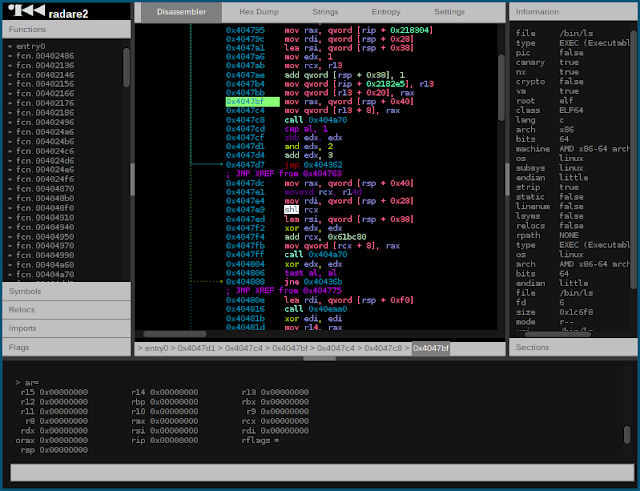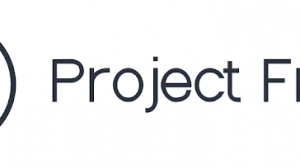[sc name=”ad_1″]
Operating Systems
Windows (since XP), GNU/Linux, OS X, [Net|Free|Open]BSD, Android, iOS, OSX, QNX, Solaris, Haiku, FirefoxOS.
Bindings
Vala/Genie, Python (2, 3), NodeJS, Lua, Go, Perl, Guile, PHP, Newlisp, Ruby, Java, OCaml…
Dependencies
radare2 can be built without any special dependency, just get a working toolchain (gcc, clang, tcc…) and use make.
Optionally you can use libewf for loading EnCase disk images.
To build the bindings you need latest valabind, g++ and swig2.
Install
The easiest way to install radare2 from git is by running the following command:
$ sys/install.shIf you want to install radare2 in the home directory without using root privileges and sudo, simply run:
$ sys/user.shBuilding with meson + ninja
If you don’t already have meson and ninja, you can install them with your distribution package manager or with r2pm:
$ r2pm -i mesonIf you already have them installed, you can run this line to compile radare2:
$ python ./sys/meson.py --prefix=/usr --shared --installThis method is mostly useful on Windows because the initial building with Makefile is not suitable. If you are lost in any way, just type:
$ python ./sys/meson.py --helpUpdate
To update Radare2 system-wide, you don’t need to uninstall or pull. Just re-run:
$ sys/install.shIf you installed Radare2 in the home directory, just re-run:
$ sys/user.shUninstall
In case of a polluted filesystem, you can uninstall the current version or remove all previous installations:
$ make uninstall
$ make purgeTo remove all stuff including libraries, use
$ make system-purgePackage manager
Radare2 has its own package manager – r2pm. Its packages repository is on GitHub too. To start to using it for the first time, you need to initialize packages:
$ r2pm initRefresh the packages database before installing any package:
$ r2pm updateTo install a package, use the following command:
$ r2pm install [package name]Bindings
All language bindings are under the r2-bindings directory. You will need to install swig and valabind in order to build the bindings for Python, Lua, etc..
APIs are defined in vapi files which are then translated to swig interfaces, nodejs-ffi or other and then compiled.
The easiest way to install the python bindings is to run:
$ r2pm install lang-python2 #lang-python3 for python3 bindings
$ r2pm install r2api-python
$ r2pm install r2pipe-pyIn addition there are r2pipe bindings, which is an API interface to interact with the prompt, passing commands and receivent the output as a string, many commands support JSON output, so its integrated easily with many languages in order to deserialize it into native objects.
$ npm install r2pipe # NodeJS
$ gem install r2pipe # Ruby
$ pip install r2pipe # Python
$ opam install radare2 # OCamlAnd also for Go, Rust, Swift, D, .NET, Java, NewLisp, Perl, Haskell, Vala, OCaml, and many more to come!
Regression Testsuite
Running make tests will fetch the radare2-regressions repository and run all the tests in order to verify that no changes break any functionality.
We run those tests on every commit, and they are also executed with ASAN and valgrind on different platforms to catch other unwanted ‘features’.
Documentation
There is no formal documentation of r2 yet. Not all commands are compatible with radare1, so the best way to learn how to do stuff in r2 is by reading the examples from the web and appending ‘?’ to every command you are interested in.
Commands are small mnemonics of few characters and there is some extra syntax sugar that makes the shell much more pleasant for scripting and interacting with the APIs.
You could also checkout the radare2 book.
Webserver
radare2 comes with an embedded webserver which serves a pure html/js interface that sends ajax queries to the core and aims to implement an usable UI for phones, tablets and desktops.
$ r2 -c=H /bin/lsTo use the webserver on Windows, you require a cmd instance with administrator rights. To start the webserver, use the following command in the project root.
> radare2.exe -c=H rax2.exePointers
Website: https://www.radare.org/
IRC: irc.freenode.net #radare
Telegram: https://t.me/radare
Matrix: @radare2:matrix.org
Twitter: @radareorg





















Add Comment